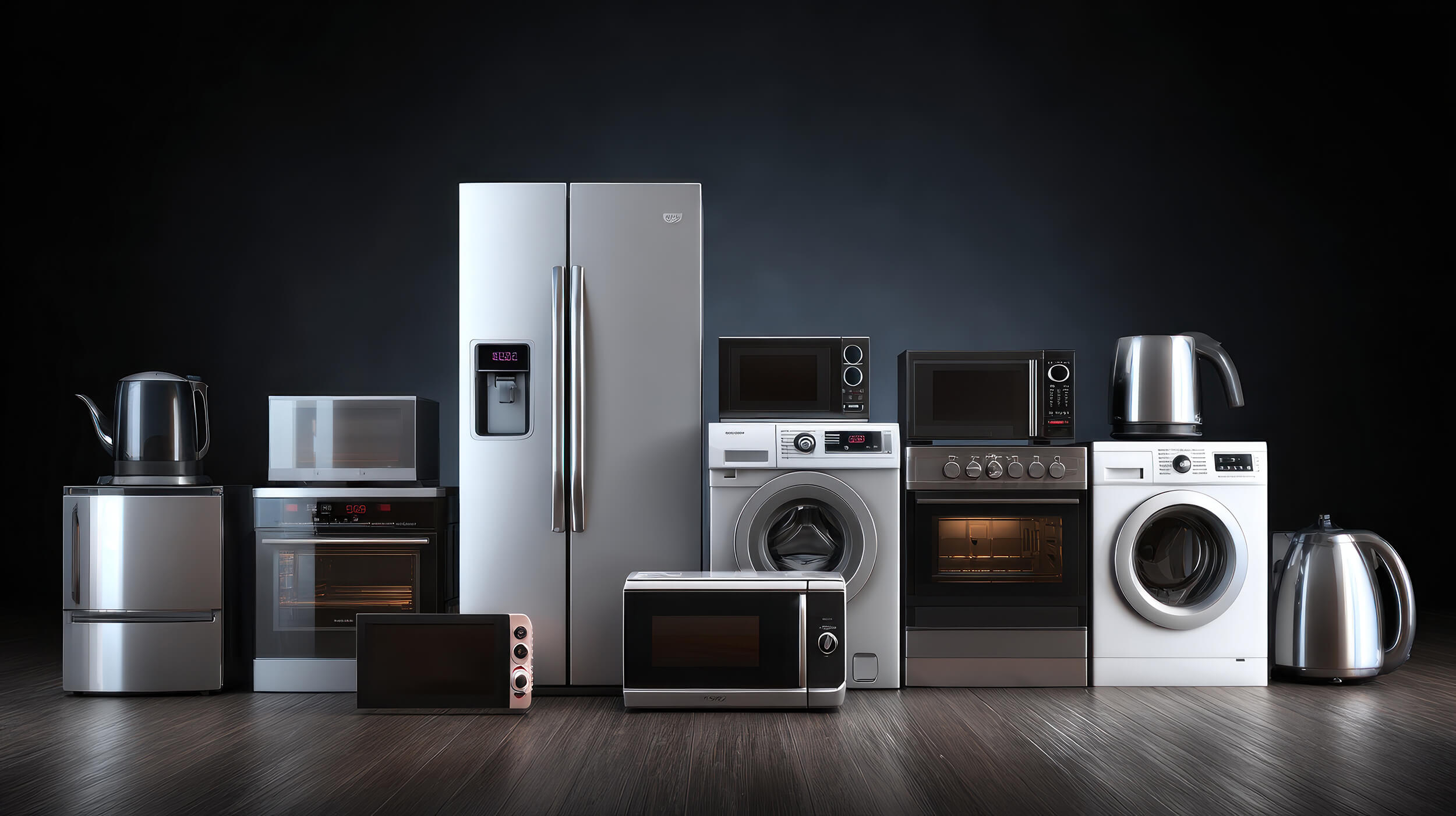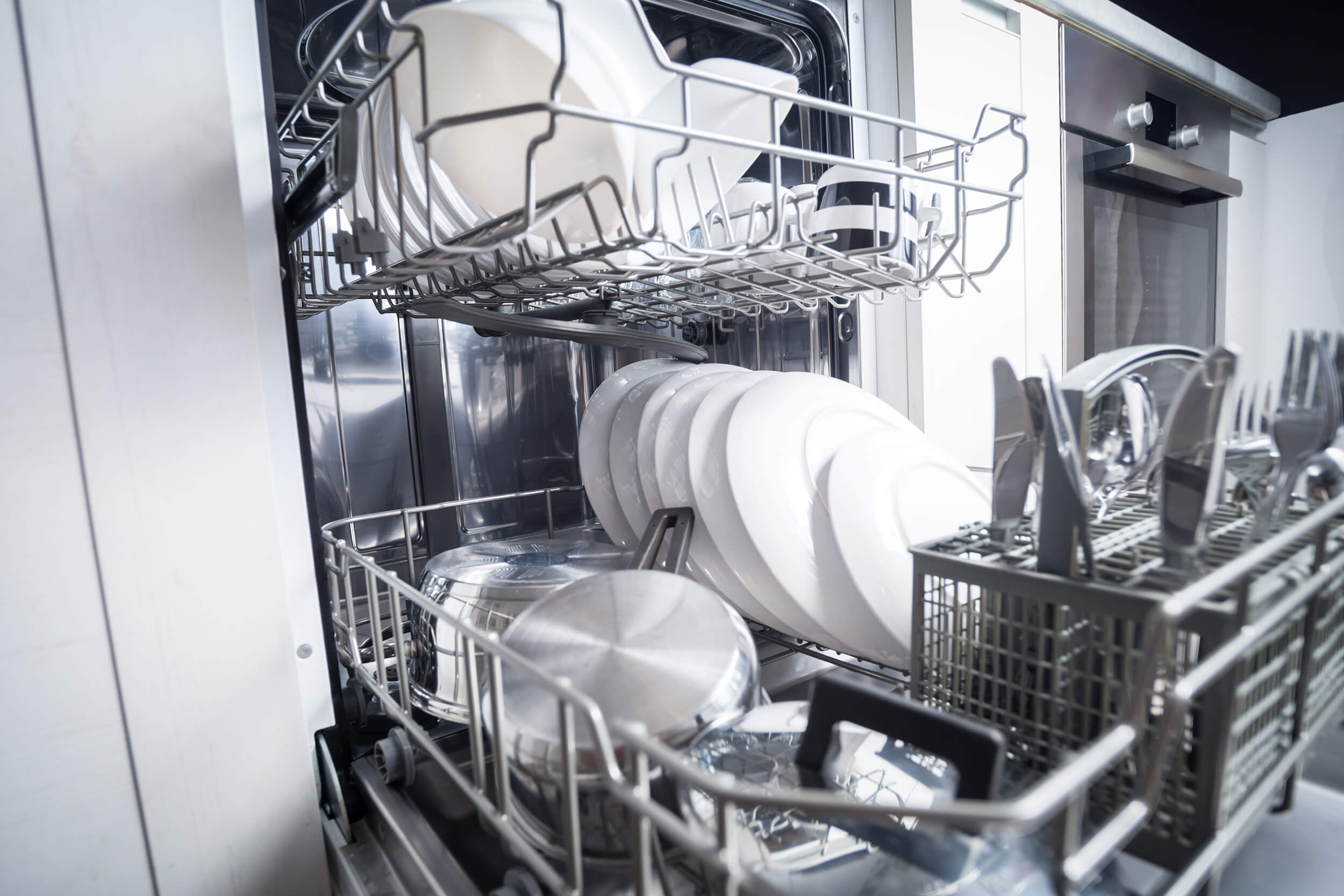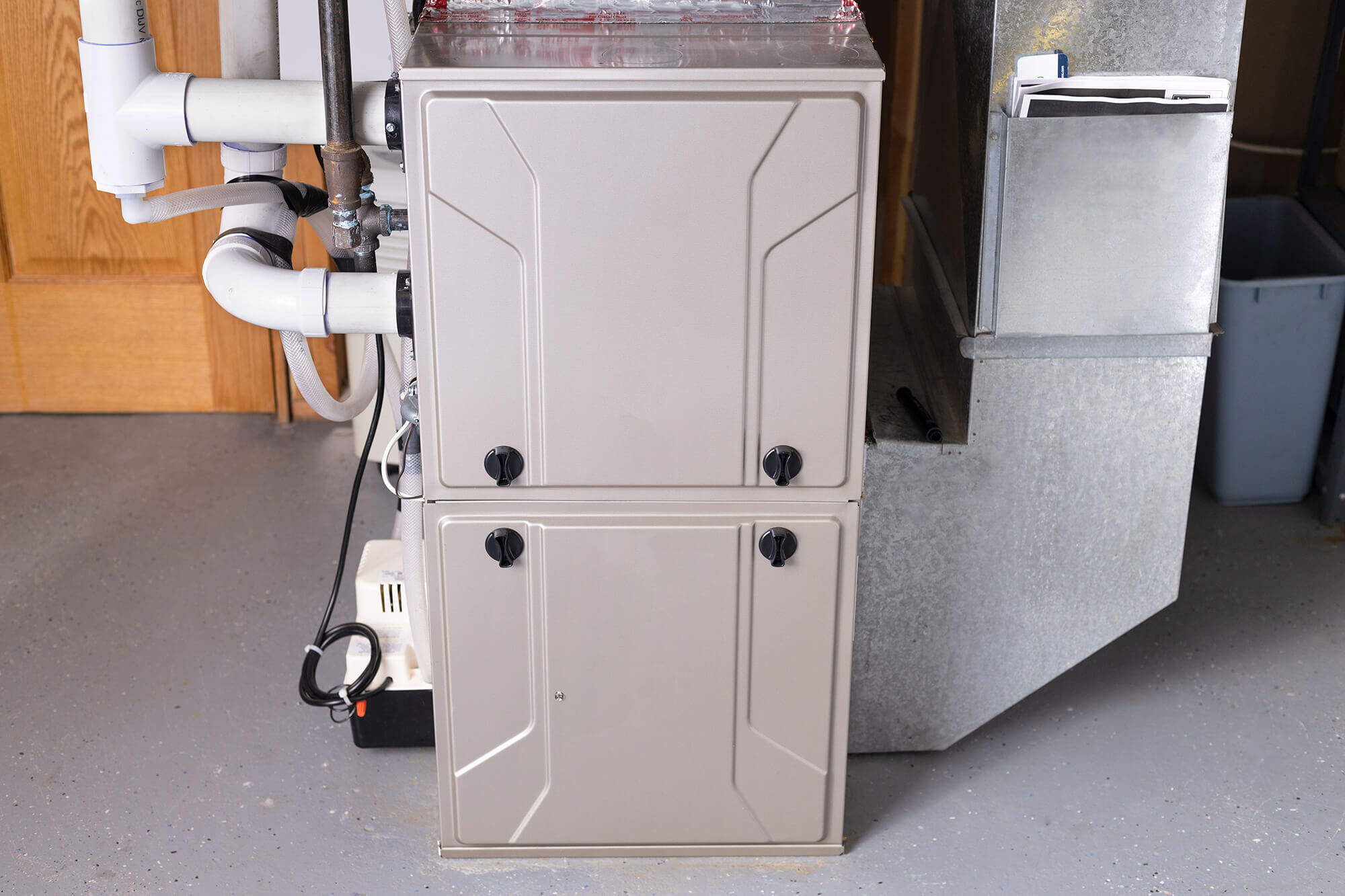FOR IMMEDIATE RELEASE
October 6, 2006
CONTACT:
Andrew deLaski, ASAP, 617-515-7755
Steven Nadel, ACEEE, 202-429-8873, x709
Charlie Harak, National Consumer Law Center, 617-542-8010
Proposal Will Do Little to Save Energy, but Opens Door for States to Set Stronger Standards
Washington, D.C. -- The U.S. Department of Energy today proposed long-overdue minimum energy efficiency standards for home furnaces and boilers. According to a coalition of environmental, energy and consumer groups, the DOE proposal will do little to actually save energy. Rather, DOE has provided a "road map" to states showing how they can set their own energy-saving standard stronger than DOE's national level.
"As expected, the DOE proposal provides for essentially no change in the national standard for natural gas furnaces," said Steve Nadel, executive director, American Council for an Energy-Efficient Economy (ACEEE). "Fortunately, DOE has opened the door for states to set their own, stronger standards."
DOE's proposal would require all gas furnaces to have at least an 80% Annual Fuel Utilization Efficiency (AFUE) rating — a level already met by virtually all furnaces sold today. A standard at 90% efficiency — an efficiency level currently met by about one-third of all sales — would save a typical consumer about 11% off their home heating bills relative to the current minimum efficiency units available. On average nationally, families who heat with natural gas will spend about $1,000 on their winter heating bills this winter. In some states, they will spend far more.
"Home heating costs are a huge burden on many working-class families," said Charles Harak, National Consumer Law Center (NCLC). "The 33 million households in America who are eligible for fuel assistance spend 18% of their entire annual income just to pay their energy bills. A large percentage of these families are renters who don't buy or replace their heating systems. Therefore, only strong state or federal standards that require owners to install higher-efficiency systems will keep their heat (and dollars) from going up the chimney and being wasted."
ACEEE, NCLC, and a coalition of consumer, environmental, and energy groups recommended that DOE set a national standard in two parts: a stronger level for cold weather states and a weaker level for those with shorter, milder winters. DOE rejected this advice claiming it lacked authority to set regional standards.
"The right furnace standard for Minnesota is not likely to be the right one for Mississippi," said Andrew deLaski, executive director, Appliance Standards Awareness Project. "The best solution would be for DOE to set regional standards for products like furnaces and air conditioners."
"Absent regional standards set by USDOE, states now must take the lead and set their own furnace standards," said deLaski. To date, Massachusetts, Vermont, and Rhode Island have set state standards.
Today's proposal opens the door to more state standards by providing guidance for northern states to follow in requesting permission from DOE to enforce state standards more stringent than the federal standards. This guidance encourages adjoining states to set identical standards and allows multi-state submissions to DOE.
According to analysis by ACEEE, a strong furnace standard set at 90% annual fuel utilization efficiency (AFUE) applied in the northern half of the country would save 1.7 billion therms per year when fully implemented, enough to heat about 3.1 million typical homes. Consumers would save about $8 billion over about 20 years.
By law, this updated standard was due in 1994 and should have gone into effect in 2002. Fifteen states and the Natural Resources Defense Council brought suit against DOE in 2005 over some 22 missed deadlines for new efficiency standards. That suit remains unresolved, but DOE has begun working again on many new appliance standards.
Gas furnaces are by far the most common type of home heating equipment covered by this rule, accounting for some 3.2 million unit sales per year. The rule also covers oil furnaces, as well as natural gas and oil boilers which heat homes through hot water or steam radiators rather than through air ducts.
In today's proposal, the Department notes a recent recommendation made jointly by energy and environmental groups and the boiler manufacturers but claims it lacks legal authority to adopt this agreement. If accepted by DOE, ACEEE estimates that this recommendation would provide net present value savings to consumers of about $2.6 billion from products purchased by 2030, including about $1.4 billion more than the boiler standard DOE proposed today.
"We are very disappointed that DOE rejected this consensus agreement. We disagree with DOE's interpretation of the law and are disappointed that DOE made its decision without soliciting input from the public on its legal interpretation or on the proposed consensus standard," stated Nadel.
Today's proposal does not address electricity use of furnaces. A typical furnace air handler (the fan system which blows warmed air through a home) may use about 1,000 kilowatt hours electricity per year. By substituting an efficient air handler, electricity savings of around 50% are possible. In 2005 Congress clarified DOE's authority to set standards covering furnace fans, but, in today's proposal DOE elected to "consider furnace electricity consumption separately to enable it to complete the furnace and boiler…rulemaking as expeditiously as possible." However, in January of this year, DOE stated that a rulemaking for furnace electricity consumption would start no earlier than 2011. "Delaying the start of this rulemaking for five years will cost consumers billions of dollars," noted deLaski.
# # #
About ASAP: The Appliance Standards Awareness Project (ASAP) is a coalition group dedicated to advancing cost-effective energy efficiency standards for appliances and equipment. ASAP works at both the state and federal levels and is led by a Steering Committee with representatives from consumer groups, utilities, state government, environmental groups, and energy efficiency groups. For information about ASAP, contact ASAP, 20 Belgrade Avenue, Suite 1, Boston, MA 02131 or visit http://standardsASAP.
About ACEEE: The American Council for an Energy-Efficient Economy (ACEEE) is an independent, nonprofit organization dedicated to advancing energy efficiency as a means of promoting both economic prosperity and environmental protection. For information about ACEEE and its programs, publications, and conferences, contact ACEEE, 1001 Connecticut Avenue, N.W., Suite 801, Washington, D.C. 20036-5525 or visit http://aceee.org.
About NCLC: The National Consumer Law Center, (NCLC) America's consumer law expert, helping consumers, their advocates, and public policy makers to use powerful consumer laws to build financial security and assure marketplace justice for vulnerable individuals and families. Visit http://www.consumerlaw.org.




